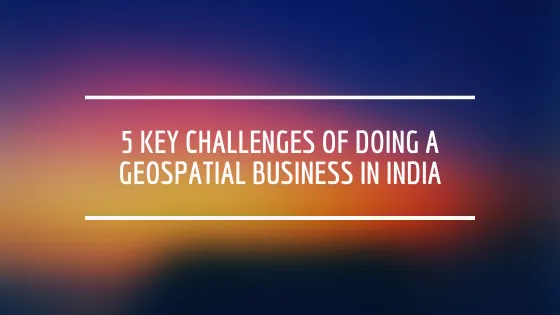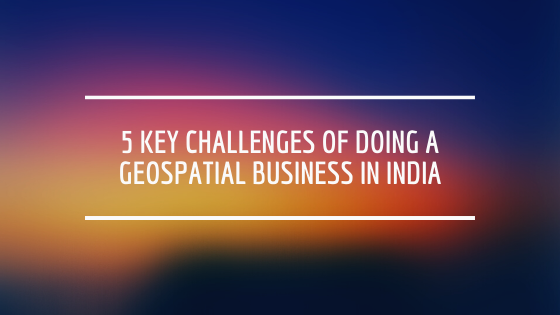
If your company is looking for new talent and you want to share the opportunity with our community, feel free to submit a job using the online form for us to review and include in our list! If you would like to know more about our Geospatial Job Portal, read about it here.
If you are enthusiastic about location data or anything geospatial, then this is the job portal for you!
Looking for more positions in GIS, academia, or product, or data science roles? Go directly to our searchable Geospatial Job Portal!
 Featured Job: Product Manager, Placed Powered by Foursquare
Featured Job: Product Manager, Placed Powered by Foursquare
📍 New York, US
Foursquare is looking for a Product Manager to drive expansion and adoption of the industry’s leading multi-touch attribution solution, Placed powered by Foursquare. Trusted by 1000+ brands and 450+ publishers and platforms, Placed powered by Foursquare connects campaign exposure to real-world visits, revealing the incremental impact of advertising, top drivers, and opportunities to optimize.
 Orbital Insight: Data Operations Production Associate – Algos
Orbital Insight: Data Operations Production Associate – Algos
📍 Palo Alto, CA, US
![]() Planet: Satellite Data Processing Engineer
Planet: Satellite Data Processing Engineer
📍 Berlin, Germany
 Esri: Mapping Product Engineer
Esri: Mapping Product Engineer
📍 Redlands, CA, US
 what3words: Partnerships Director – Automotive
what3words: Partnerships Director – Automotive
📍 Tokyo, Japan
 Descartes Labs: Head of Revenue
Descartes Labs: Head of Revenue
📍Santa Fe, NM, US
 VHB: Web GIS Developer
VHB: Web GIS Developer
📍New York, US
![]() Southern California Edison’s: Senior GIS Technical Specialist
Southern California Edison’s: Senior GIS Technical Specialist
📍Pomona, CA, US
Even if these jobs may not be for you, they may help out someone in your network. Please share!
And if there are any specific things you’d like to see in our job portal, feel free to get in touch. Be sure to follow us on LinkedIn as well!







